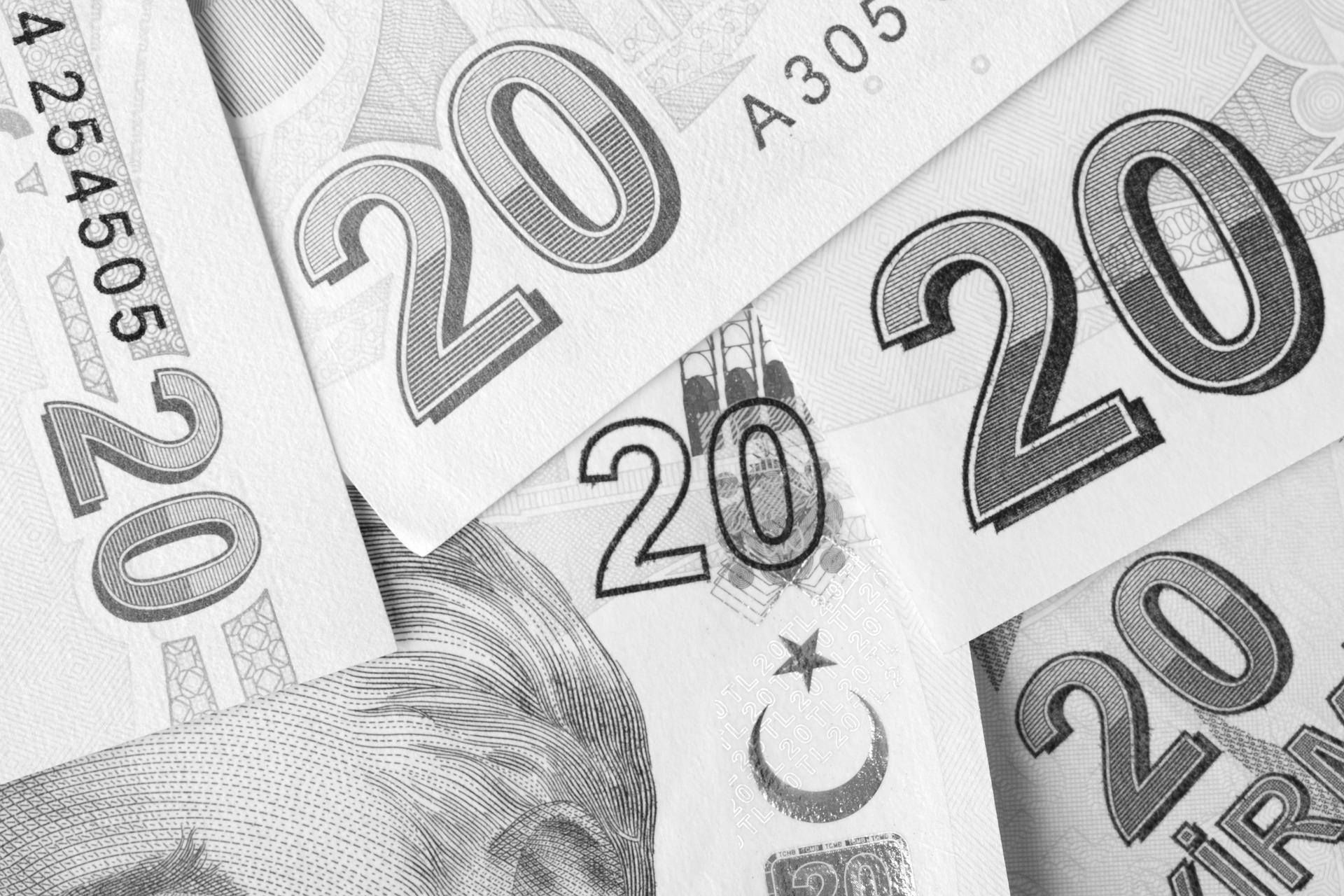There was nothing surprising about the reelection of Turkish President Recep Erdoğan’s victory with even more concentrated executive power and his Justice and Development (AKP) party coalition now has a parliamentary majority. This scenario has not reassured the financial markets. After an initial rally, Turkish sovereign debt has been slammed in the global capital markets. Inflation is 12%, double the Ankara central bank’s target. The Turkish lira has been in free fall against the US dollar. The surge in crude oil means the Turkish current account deficit could well widen to 6% of GDP. The slowdown in Western Europe is a disaster for Turkish manufactured exports, with more than 50% destined for the EU. Turkish benchmark 10 year US dollar sovereign bond spread over the ten year US Treasury note has widened to 440 basis points, almost double five late 2017 levels. Moodys has downgraded Turkey’s sovereign debt rating – and provoked a threat from President Erdoğan. Fitch has closed its Istanbul office. Turkish equities trade at 6.8 times earnings, the lowest valuation in any major emerging market.
Turkish financial markets are a victim of both fear over President Erdoğan’s destabilizing intervention in central bank monetary policy and the broader sell off in emerging markets. King Dollar, $76 Brent crude, hawkish Federal Reserve and a spike in the Volatility Index is the worst possible macroeconomic scenario for a nation on the precipice of credit overheating dependent on offshore “hot money” to finance Europe’s biggest current account deficit. The only possible strategy in 2018 has been to short the Turkish country fund (symbol TUR) listed on the New York stock exchange. After all, the Turkish lira has depreciated 20% against the US dollar and the Istanbul 100 index has also fallen 22% in a vicious bear market on the Bosphorus.
Wall Street and the City of London fund managers were aghast when President Erdoğan accused a former central bank governor of “treason” for daring to raise interest rates, fulminated about an “international interest rate lobby” conspiring against Turkey and even threatened to take control of the Ankara central bank. This is the reason international investors have led the exodus of capital from Turkish financial assets despite a succession of rate hikes in May and June. Investors fear that there is no hope of political independence for the Turkish central bank as long as President Erdoğan’s authoritarian rule mandates unorthodox, unsustainable economic policies.
If the free fall in the Turkish lira and sovereign debt continues, Ankara will have no choice but to seek an IMF loan amid a draconian balance of payments crisis. President Erdoğan would then be forced to embrace fiscal austerity, monetary tightening and an IMF mandated devaluation of the lira, despite the devastating political costs of such a policy regime. In retrospect, the AKP high command knows that the next six months could well witness a financial whirlwind, the reason President Erdoğan decided to call a snap election 18 months ahead of schedule.
Turkish politics hardly adds to investor confidence in the lira or its sovereign bond markets. The AKP is in an uneasy coalition with ultra-nationalists. President Erdoğan, who controls the courts, the media and the bureaucracy, has still not lifted the state of emergency he imposed after the July 2016 abortive military coup d’état against his government. Turkey faces a resurgence of Kurdish secessionism led by the banned PKK in Anatolia. Turkish relations with Washington, London, Berlin, Brussels, Riyadh, Damascus, Cairo and Baghdad are tense due to Ankara’s multiple failures in regional realpolitik. The Turkish domestic politics is as polarized as Ankara’s relations with regional and Great Powers.
The brutal depreciation of the Turkish lira has eroded the capital base of the fragile Turkish banking system. Turkish banks have borrowed heavily in the global interbank and syndicated loan markets. Corporate debt is 70% of the Turkish GDP. Halkbank faces punitive US Treasury fines for evading sanctions on Iran. This could result in a breakdown of relations with the Trump White House and increase dependence on Russia, the historic Turkish foe during the Ottoman centuries, the Kemalist decades and the Cold War.
The lira is at 15 year lows against the US dollar. Real interest rates are among the highest in the world at 700 basis points. Even though Turkish equities are optically cheap, earnings will contract as the economy heads for a sharp slowdown. The Turkish GDP growth was 7.5% in 2017 and could be 3% in 2019. This is no time to go bottom fishing on the Bosphrous for Turkish equities.







